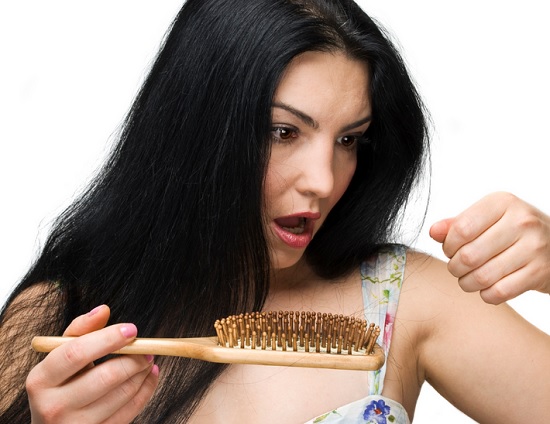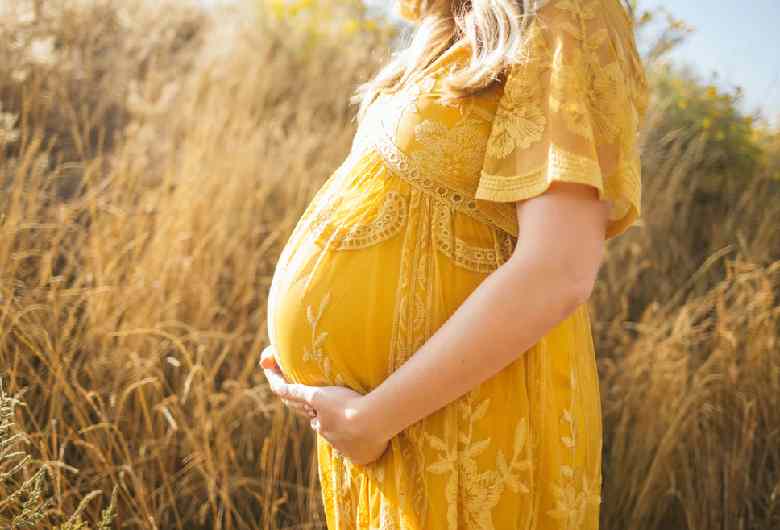Table Of Content

After delivery, the hormones return to normal levels, which allows the hair to fall out and return to the normal cycle. The normal hair loss that was delayed during pregnancy may fall out all at once.Up to 60% of your hair that is in the growth state may enter into the telogen resting state. The hair loss usually peaks 3-4 months after delivery as your hair follicles rejuvenate themselves. As noted above, this hair loss is temporary, and hair loss returns to normal within six to twelve months.
Rosemary oil for hair: Growth, uses, benefits and more - TODAY
Rosemary oil for hair: Growth, uses, benefits and more.
Posted: Fri, 08 Mar 2024 08:00:00 GMT [source]
vitamin B12
Prenatal vitamins can actually have a positive impact on hair growth. However, gentle hair care and avoiding tight hairstyles and heat styling tools can help manage hair loss. Embrace the change and give your hair the care it deserves with Fully Vital's hair growth products.
Health Alerts from Harvard Medical School
Some people may notice hair growth in areas where they typically do not have hair, including their face, chest, abdomen, and arms. If your hair loss is caused by thyroid issues or low iron, your doctor can suggest medications or supplements. These lead to traction alopecia, which can cause permanent hair loss or hairline damage if you don’t give your mane a break. Noticeable bald patches or clumps from one side or the top of your head could indicate a genetic or autoimmune condition. These conditions cause baldness or hair loss regardless of whether you have a baby on board. If your hair was on point during pregnancy, you can thank your high estrogen levels.
Hormonal Changes
The main sign is seeing more loose hair than usual on your brush, pillow or shower floor. Hair loss related to pregnancy doesn’t usually start until after the baby is born. Nonetheless, providing your body with all the necessary nutrients can lay the foundation for healthier, more resilient hair. Prolactin, the hormone responsible for milk production, increases after birth. I've studied hair health a lot and want to help you understand this part of pregnancy. At week 13 of pregnancy, you officially enter your second trimester and hopefully any morning sickness has eased off.
If your thyroid is overactive, you may experience hyperthyroidism, a condition characterized by a large range of symptoms including possible hair loss. The same is true of hypothyroidism, when your thyroid produces too little hormones. These conditions can affect women while they’re pregnant or afterwards. Hypothyroidism, which is the more common condition, affects up to 3 percent of women during pregnancy. Symptoms can include sensitivity to cold, weight gain, constipation, and intense fatigue.

It’s smart to skip products with silicone, oils or lanolin that can weigh hair down. Banish buildup with a clarifying shampoo, which will wash away excess conditioner and styling products. Other ideas to try include wearing your hair naturally or loosely pulled back with a hair tie made of soft fabric instead of sporting a big bun or high ponytail. Other smart steps to take include avoiding leave-in conditioners, thick gels or pomades that weigh down hair. Some experts say a quick cold-water rinse after you condition can seal hair cuticles, creating a natural shine.
Is hair loss more common in certain trimesters?
Elevated estrogen levels promote hair growth and keep hair in the growth phase. Consequently, many women enjoy the benefits of thicker, fuller hair during pregnancy. This causes a large number of hairs to enter the resting phase of hair growth. Other vitamins and minerals that can affect hair loss include biotin and zinc.3 There are many biotin supplement benefits beyond preventing hair loss. Switching to a prenatal vitamin that contains these can sometimes help to manage hair loss symptoms.
Last but not least: Could it be harsh hair treatments?

Credible information sources for this article are cited and hyperlinked. SneakPeek provides over 99% clinically proven accuracy1 with DNA-based results and complete privacy protection. You’ll mail your SneakPeek Test kit to SneakPeek labs and we’ll triple-review your sample on the same day we receive it. If you’re curious to learn more about your bun in the oven, check out SneakPeek’s DNA-based Early Gender Blood Test.
Hormone-related hair loss is nothing to be concerned about, as it generally resolves within less than six months. Hypothyroidism is treatable in pregnancy, but it’s important to catch it early—sufficient thyroid hormones are integral to supporting your developing baby’s brain and nervous system. The American Academy of Dermatologists reports that losing 50 to 100 strands of hair each day falls within the normal range. If you have longer or darker hair, it’s common to overestimate how much you’re losing simply because your hair may be more visible when it’s detached from your scalp. But it may be helpful to know about it in advance so you’re not surprised if it happens. But hair that falls out can wrap around your baby’s fingers, toes or other body parts.
You may or may not be able to do anything to prevent hair loss or shedding during pregnancy. Thyroid disorders, like hyperthyroidism (too much thyroid hormone) or hypothyroidism (too little thyroid hormone), may be difficult to spot during pregnancy. Hair loss during and after pregnancy often requires no specific treatment and typically resolves naturally over time.
But once you’ve given birth, taking fenugreek internally could significantly increase your milk production. Unfortunately, shampoo won’t magically give you a fresh head of hair. But some shampoos contain ingredients that block DHT, an androgen linked to hair loss. Five to 10 percent of new moms experience postpartum thyroid probs. Both hypothyroidism and hyperthyroidism can arise during pregnancy.
Some pregnant people experience hair thinning and excessive shedding due to stress or shock. The first trimester may stress the body as hormones shift dramatically to support the growing baby. For other conditions like androgenic alopecia, treatments are not recommended during pregnancy. Alopecia areata is an autoimmune disorder in which the body attacks its own hair follicles.
While there are products on the market that pledge to help with hair regrowth, you should talk with your healthcare provider before using them, as they may or may not be safe for your developing baby. Most mamas say their locks feel back to normal by their baby’s 9-month milestone or first birthday. Losing handfuls of hair during pregnancy isn’t common, but it doesn’t usually indicate a major problem.
It also helps to know how pregnancy may affect your emotions and feelings. Acne is a common skin condition that usually begins during adolescence. During pregnancy, acne is likley to flare up during the first trimester. As your pregnancy develops, you may find that you experience changes to your skin. If you’re a swimmer, wet and condition your hair before diving in and wear a cap for an extra layer of protection. Here's a look at some of the most common hair changes you may notice during pregnancy, and how to manage each.

No comments:
Post a Comment